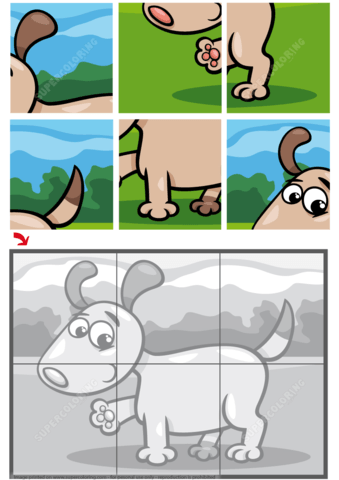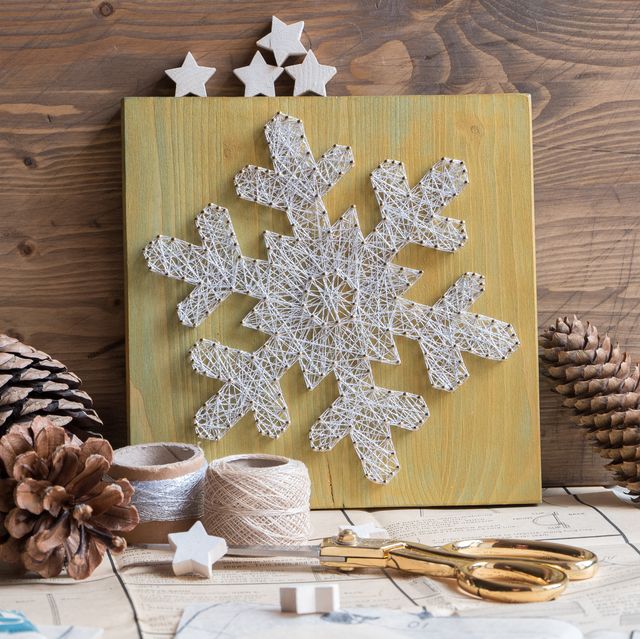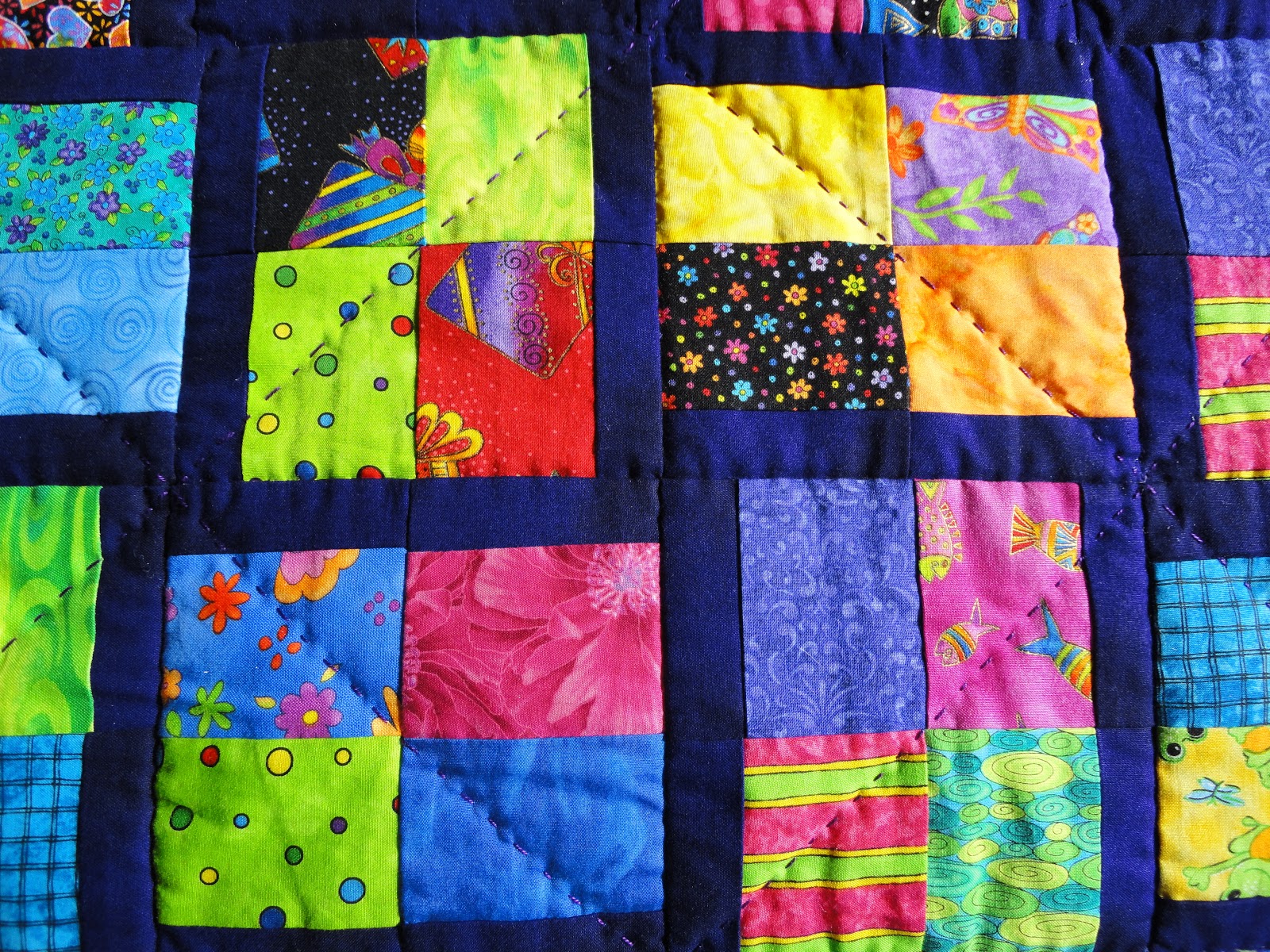
Slip stitch knitting refers to a type or knit stitch where the left needle is passed through the front of the slip stitches. The yarn is then wrapped around and pulled through the right needle. This will repeat the slip stitch. The finished item is known as a slip stitch.
SKP
SKP knitting, a variation of the bind-off standard technique, is a form of knitting. A SKP refers to passing a slip stitch over the needle that knits the exact same stitch. To avoid stretching the knitted yarn, the stitch is kept close to knitting needle tips. The stitch will look wonky if it is stretched. SKP knitting often goes by the abbreviations sl 1, k1, psso oder SKPO.

The SKP decrease is used for a left-leaning decrease. It works two stitches together as if they are one stitch, without working them on the same needle. This decrease works best when used with bulky yarn and blunt gauge needles. It is also an excellent choice for knitting with one end of a stitch. This technique requires that you carefully follow instructions and carefully follow the patterns. You will get comfortable with this technique of decreasing after you have tried it a few times.
The next step of SKP knitting involves decreasing a row. One of the two methods you can use is the one shown in the video or photo tutorials. You can slip the stitch onto the right side of the needle. The second is to insert the left needle tip into a slipped stitch. The left-hand needle then passes through the right-hand stitch. Once the stitch was slipped onto a right needle the left needle tip slips it back onto a right needle.
SKP tbl
The SKP stitch is a left slanting decrease stitch. It works in the same fashion as a regular k2tog, except that you have to place the needle in back of the stitch. It's similar to the SSK but it leans to one side. It can also be used interchangeably with the k2tog. The differences are explained in this article.
The SSK is the name given to the first stitch that you slip k-wise. The second stitch, also known as TBL, is the working stitch. It is placed above the SSK. Both stitches are aligned. The RLM also shows the operational menu. You can select from a variety of prices depending on your departure date to save time and money. A tur-retur is also available, which allows you to work simultaneously on both ends of a row.

For the first row, use a smaller needle and for the second one a larger one. The SKP tbl is the fastest decrease, but it can also twist the stitches. This makes it harder for those who knit tight. If you prefer larger patterns, you may also want to use a wider needle. A skein is the best size to use for a larger needle.
FAQ
Can I make a living from my hobby and earn money?
You can have many hobbies that lead to extra income.
If your hobby is something you love, you might decide to make a living selling it.
For example, if you collect stamps, you may want to set up a website selling rare stamps.
You can also make extra income by selling and buying stamps.
Another option is to set up a YouTube channel that focuses on your hobby.
This allows you share your passion and generate revenue by creating premium content.
What is a good hobby for kids?
Any activity that kids enjoy as a hobby is something they do outside of the normal routine. Kids might enjoy drawing pictures, making things, painting, writing, crafting, and other activities.
Many parents worry that their children will get into trouble if they're allowed to do whatever they want. However, this is not always true. This is true even if your child isn't causing harm to anyone or their own safety, then they won't be in trouble.
It is important that people remember that simply because they love doing something does not mean they will always do it. If they are passionate about drawing but hate writing, they might choose to draw pictures over writing.
There are many hobbies to choose from, so it's up you to find the one that interests you most.
What are collection hobbies?
Books, movies music, comics and video games are some of the most popular collections.
Collect stamps, coins, cars, dolls and action figures as well as art supplies, tools, jewelry, watches, gadgets and furniture.
You get it?
Why do we need hobbies
Hobbies play an integral part in our lives. It allows us to unwind and recharge, think creatively, exercise, socialize, have fun, and allow us to enjoy life. These hobbies offer us the opportunity to learn new skills, develop valuable lifelong interests, and provide opportunities for us to do both.
Hobbies can help us find meaning and purpose.
They are great for spending your free time when there's not much else.
They're also fun!
If you don't find time for hobbies, it's likely that you don't have enough time for any other activities.
You have many choices. You might consider starting a hobby if you don't already have one.
Statistics
- I am 100% biologically a woman (discover.hubpages.com)
- 37% Video Games 36% Travel 36% Health and Fitness (quizexpo.com)
- Almost 80% of people claim to have no hobby. (hobbylark.com)
- A new survey by Pew Research Center of teens ages 13 to 17 finds that 36% of girls feel tense or nervous about their day every day; 23% of boys say the same. (pewresearch.org)
- Studies show that just six minutes of reading can reduce stress levels by 60 percent. (oberlo.com)
External Links
How To
How to find the right hobby for you
Asking yourself questions can help you determine if your hobby fits you.
-
Do I enjoy doing it?
-
Does it bring me joy?
-
Is this something I'd like to do even as I age?
-
What are my strengths?
-
Can I improve?
-
Would I recommend it to other people?
-
Will it bring you happiness?
-
Do you think it will allow me to relax?
-
Do I feel better?
-
Do I get to learn skills that will be useful later in my career?
-
It will allow me to meet new friends.
-
Will it allow me to express my creativity?
-
Do I have the opportunity to learn something new?
-
Can it give me assurance?
-
Will it provide me with a sense of achievement?
-
It will it bring you financial success?
-
Will it enable me to travel?
-
Will it let me explore new areas?
-
Will it encourage me to exercise?
-
Do you think it will motivate me to do better?
-
Is it going to motivate me?
-
Will it involve me in activities that I wouldn't normally consider doing?
-
Is it going to challenge me?
-
It will be entertaining.
-
Will it keep me fit?
-
Is it possible to save money?
-
It will it lower stress levels?
-
Can it keep you from boredom?
-
Will it free up my time?